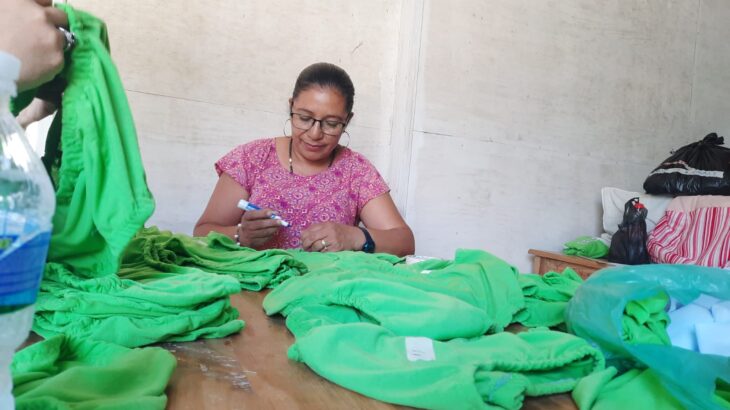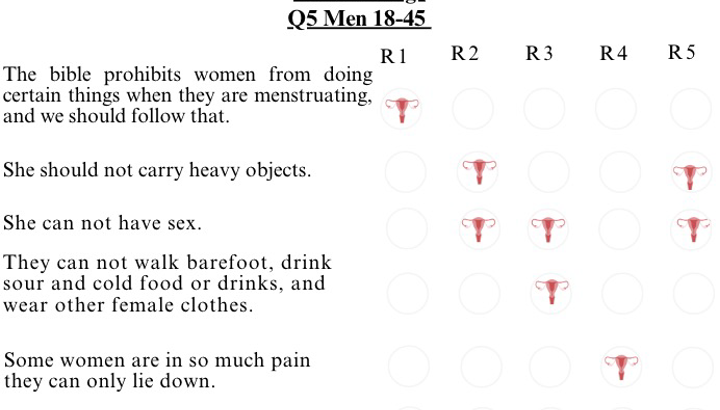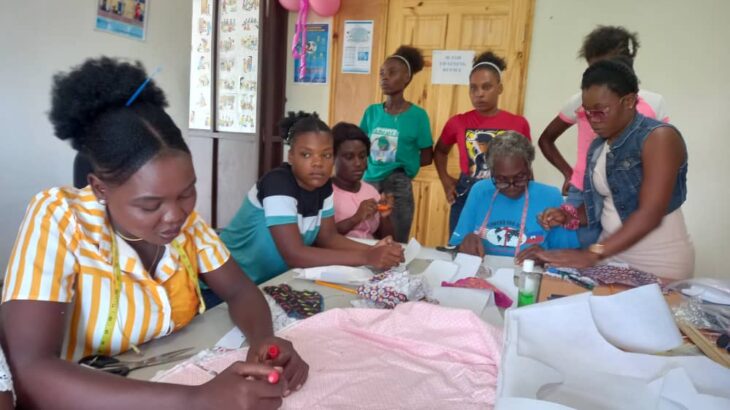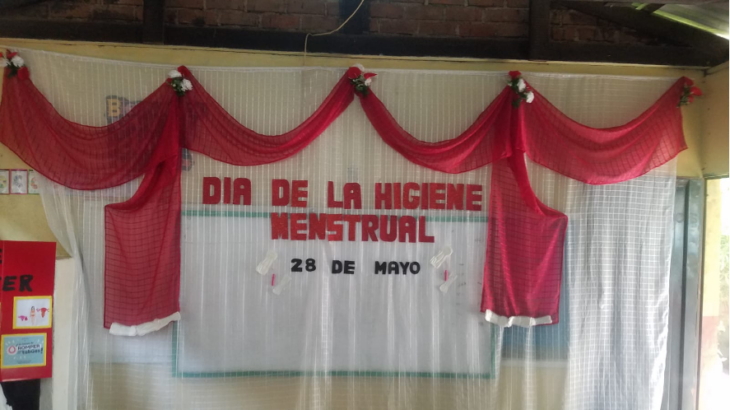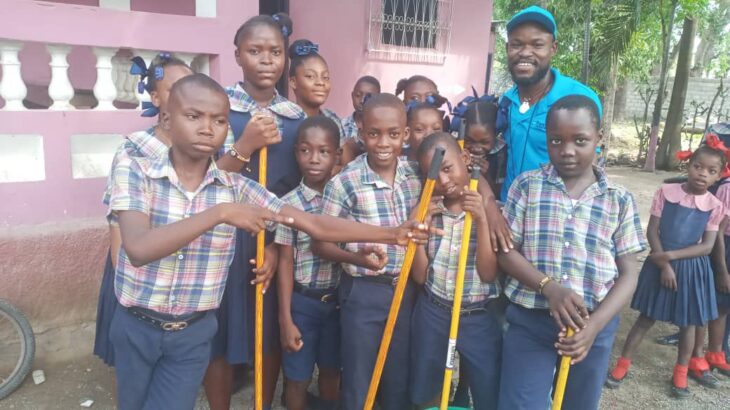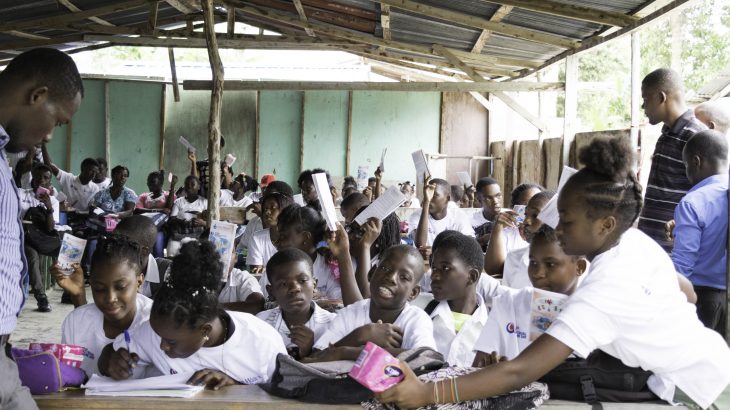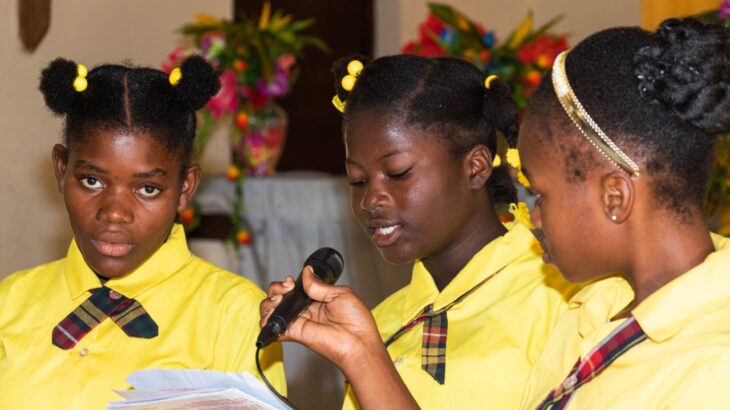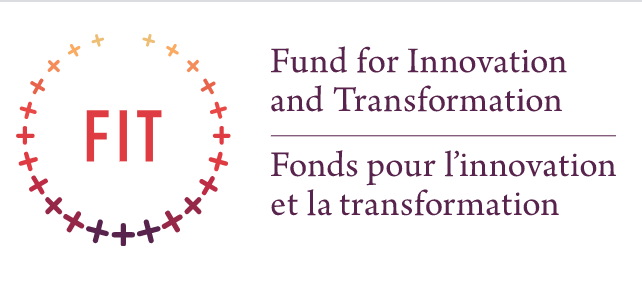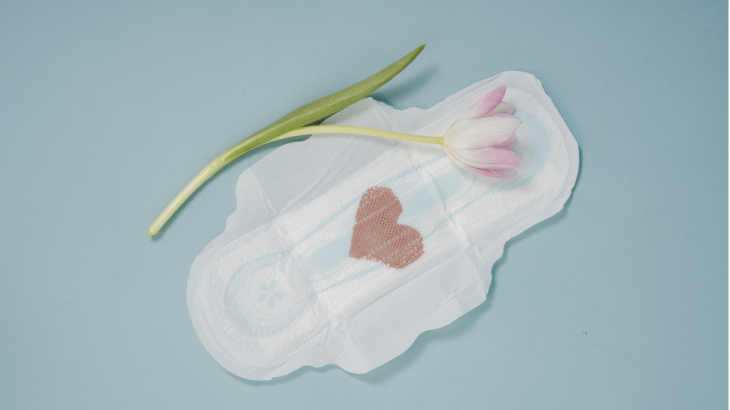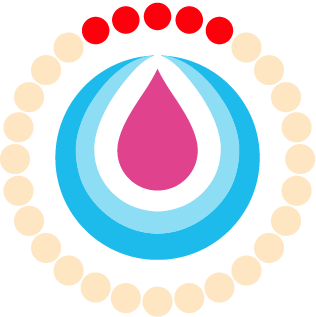On May 3, 2023, 25 women, representing 14 communities across the rural Trojes region of Honduras, came together to embark on a learning opportunity that would transform their lives and open new doors of opportunity. The women’s training program is an initiative of PWW, the Municipal Office for Women in Trojes, and UNICEF, implemented under Continue reading
